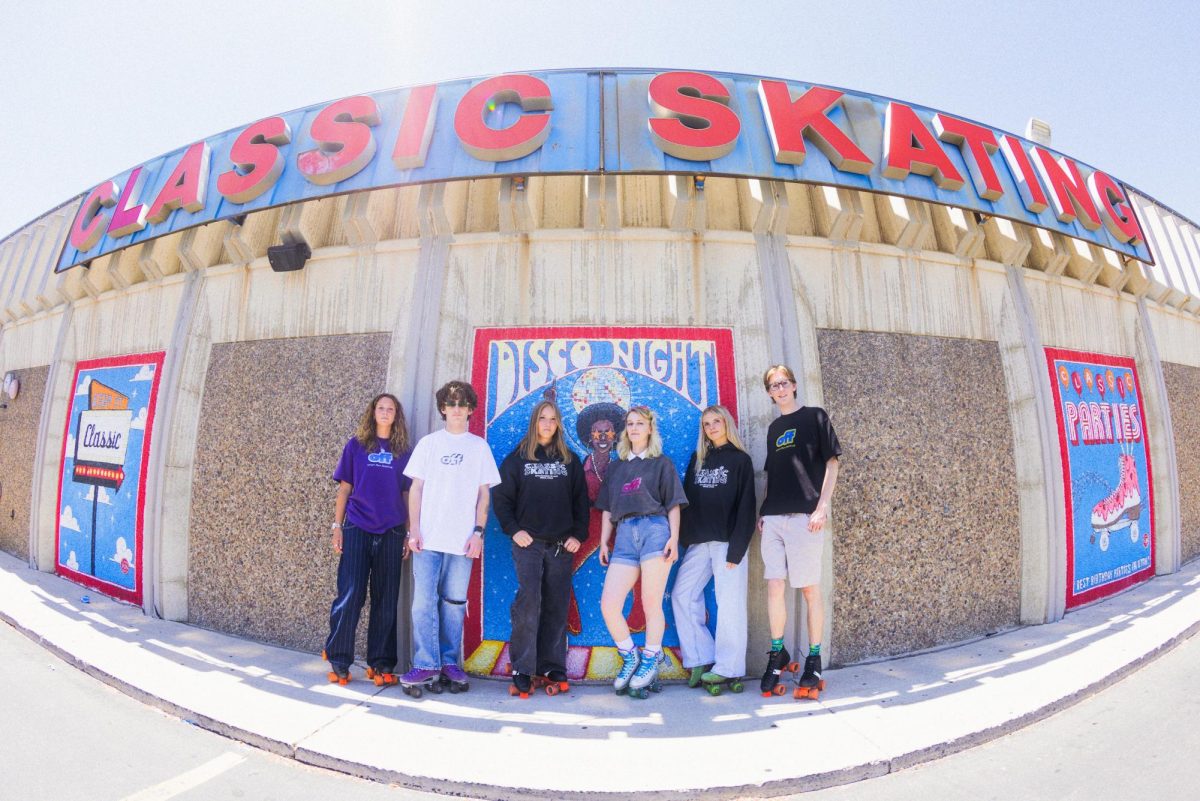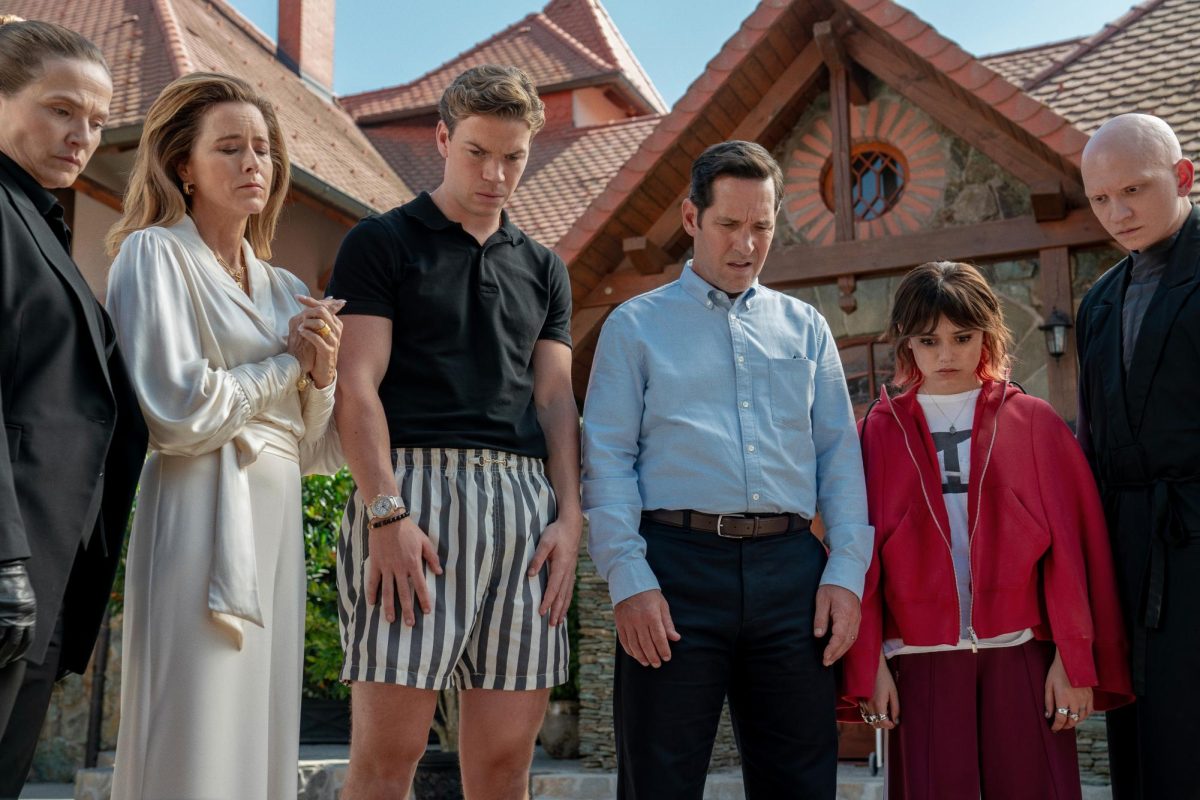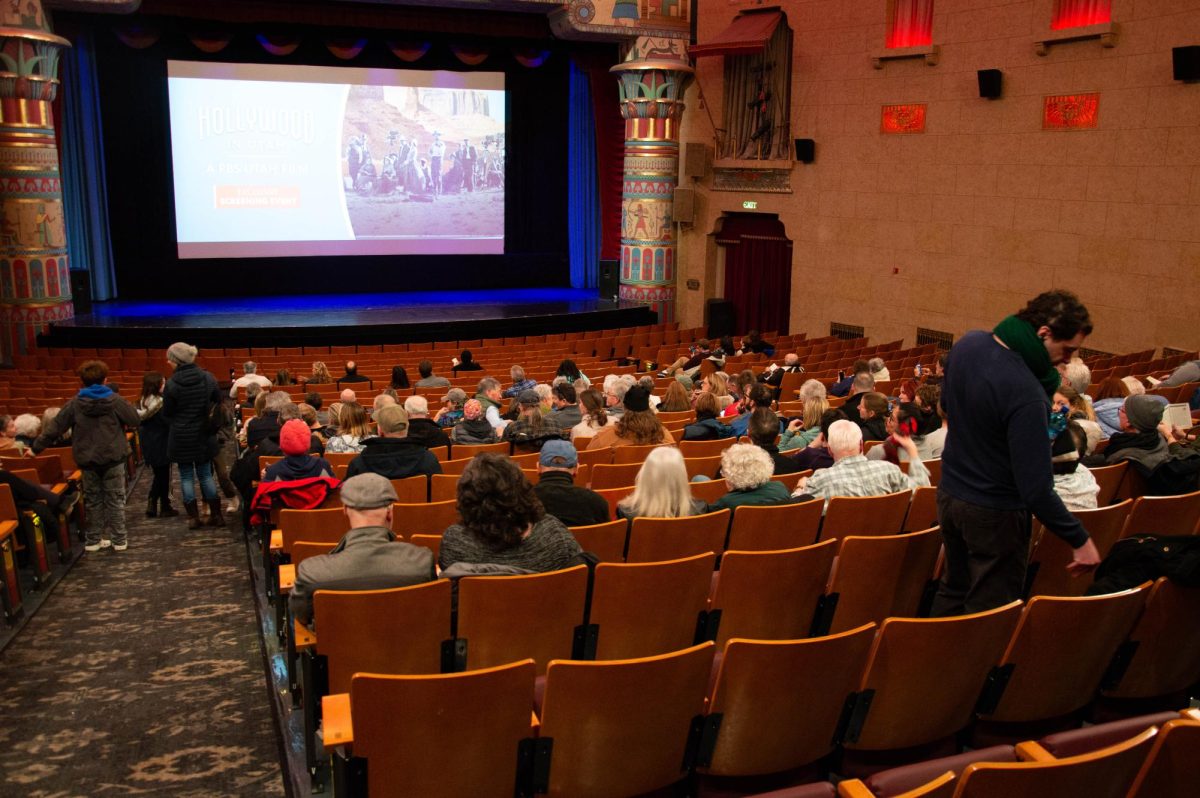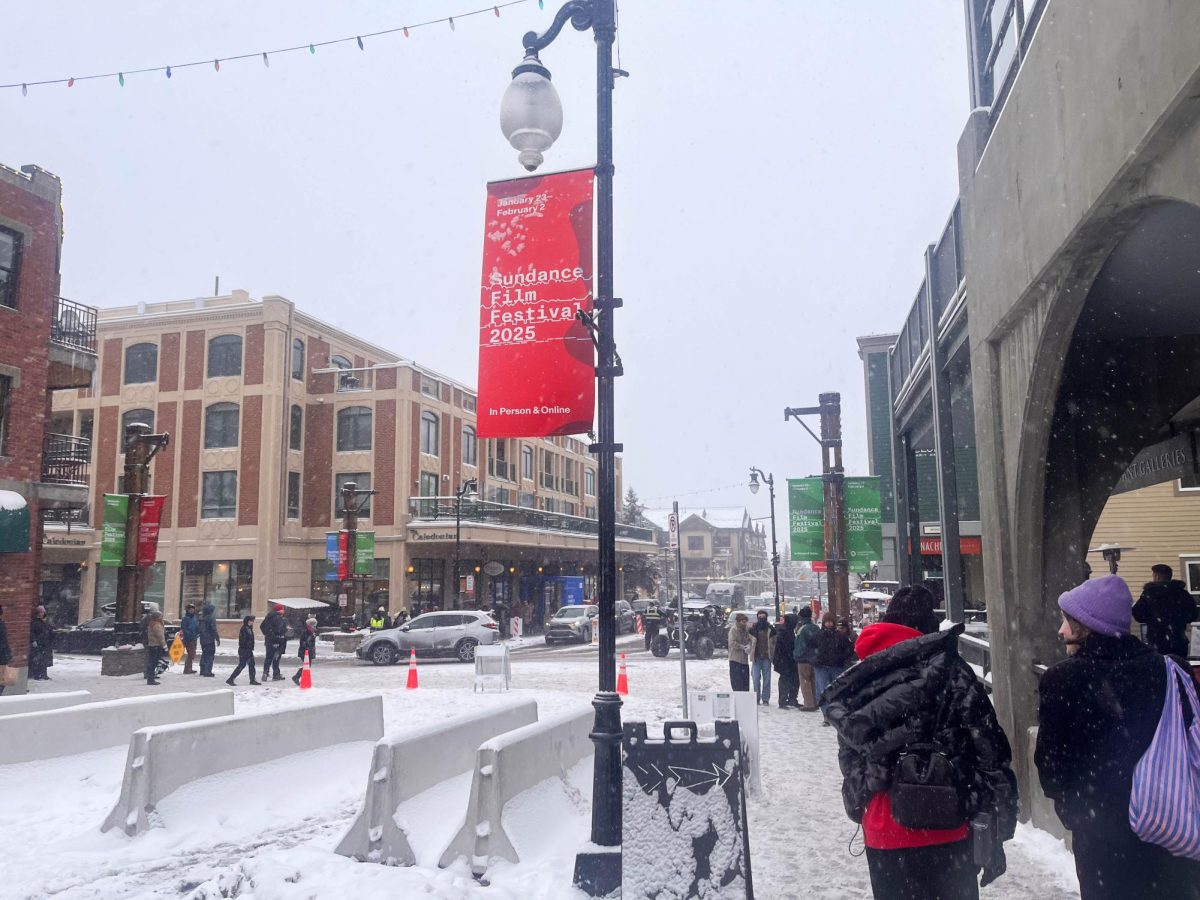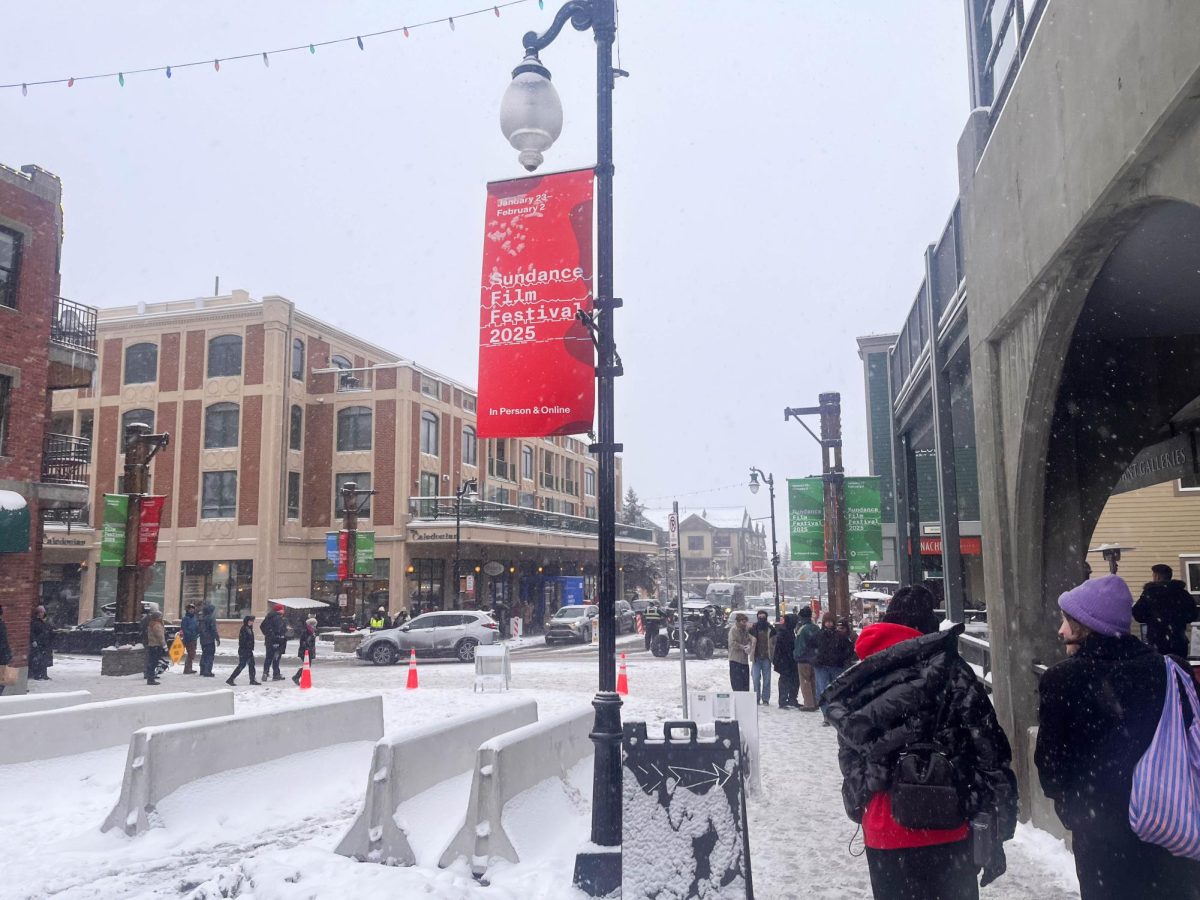 The Center for Community Engaged Learning and the Environmental Issues Committee hosted a showing of “Gasland” on Monday, an award-winning documentary about the adverse effects of fracking on the environment.
The Center for Community Engaged Learning and the Environmental Issues Committee hosted a showing of “Gasland” on Monday, an award-winning documentary about the adverse effects of fracking on the environment.
The showing was part of the Engaged Learning Series, which features a variety of speakers and events throughout the year surrounding a particular topic chosen before the school year begins. This year’s topic, “On Air,” focuses on the importance of promoting clean air, and the negative effects the unhealthy practices of corporations and individuals can have on the environment if left unchecked.
Sarah Steimel, the Engaged Learning Series coordinator from the Center for Community Engaged Learning and assistant professor in the department of communication, said she believes there are lots of ways individuals can help the environment. She said it is easy for everyone to become busy and insular in their own lives.
“I think all of us have to challenge ourselves to get more engaged in the issues that matter to us as a larger community,” Steimel said. “We, as a university and as a community, can make a difference on issues that matter to us. With more than 26,000 students, faculty and staff, we can and should be talking about how issues like air affect us, and we should be challenging ourselves to take action. This is why I really enjoyed watching the ‘Gasland’ documentary and why I look forward to continuing to work with Weber State as a whole on the Engaged Learning Series.”
The documentary, directed and produced by Josh Fox, works to promote a greater knowledge of the negative side effects of fracking and other dangerous practices that many major corporations and even the United States government participate in.
The “Gasland” website describes its stance on these practices.
“Fracking, as currently practiced across the United States, poses serious risks to the health and safety of communities and the environment. Water supplies across the country have been contaminated . . . there have been multiple documented cases where natural gas, or methane, has migrated out of wells and into underground aquifers.”
According to Fox, the fracking process forces gallons of chemically treated water into the ground, similar to the other byproducts, including chemicals, naturally occurring radioactive materials, dissolved solids, heavy metals, and liquid hydrocarbons including benzene, toluene, ethylbenzene and xylene.
Hannah Rice, student sustainability coordinator in the WSU Energy and Sustainability Office, said she believes events such as the “Gasland” screening help audiences better understand what’s going on in the world.
“In my experience, I think events that bring community together are important,” she said. “A movie like ‘Gasland’ can bring forth new information that can help many people, not just students, to better understand what’s going on in the world around them.” She said she believes students can make a meaningful difference in their communities.
Alice Mulder, chair of the faculty Environmental Issues Committee, encouraged students who attended the screening to try to make a difference.
“If (students) were intrigued or affected by what they saw, I would encourage them to find out more about the topic of hydraulic fracturing or fracking, and to pay attention to what information sources they consult,” Mulder said. “There is a current push in this country, and Utah is included in this, to try to greatly increase the use of fracking to extract more natural gas. The industries that do this work are obviously promoting it and downplaying any environmental threat posed by it. However, there is enough evidence amassing in places where fracking is happening to give us reason to be concerned about the risks it poses to human health and the environment.”
Mulder said there are many reasons to promote climate change. “For lots of reasons, including air quality and climate change, we as a society need to decrease our use of fossil fuels, not increase them. So students ought to work toward a more sustainable energy future and help make that happen. All sorts of disciplines can be brought to bear on this whether they are in science and technology or the social sciences and humanities.”
Rice agreed. “Become an active participant in your community,” she said. “Volunteer to work on a political campaign, teach your friends how to recycle, donate your time to working in the Energy and Sustainability Office, or become a WSU environmental ambassador. Basically, find your passion and know that taking care of people means taking care of the environment.”














